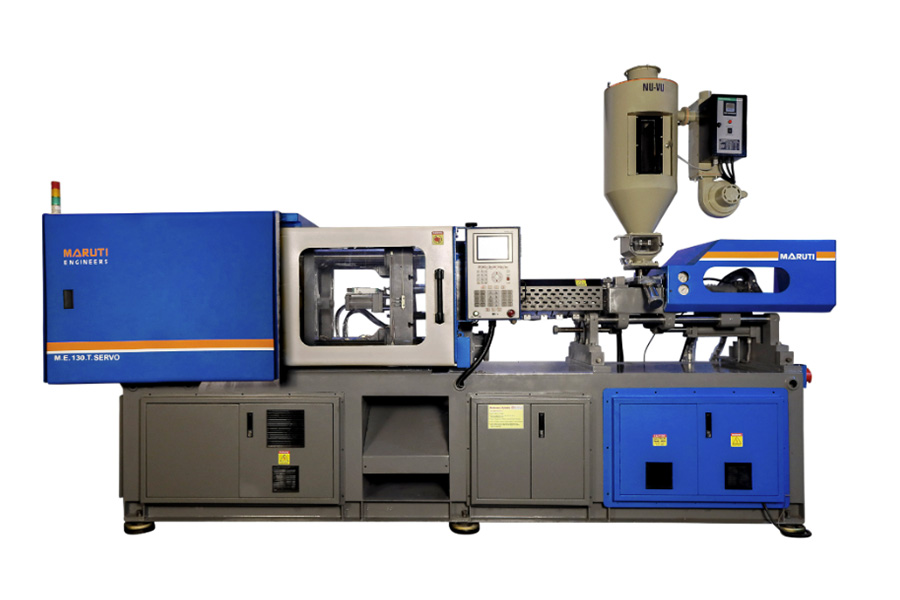The fast-paced world of modern manufacturing demands precision, speed, and consistency. Among the many tools that support industrial growth and product excellence, the injection moulding machine stands out as a dependable workhorse. Known for its ability to produce high volumes of identical components with minimal waste, this machine plays a significant role in the development of various everyday items — from household goods to essential components in electronics, packaging, and automotive parts. Whether working with plastics, resins, or other mouldable materials, the efficiency of this machine allows manufacturers to meet strict demands without compromising quality.
The Mechanics Behind Smooth Manufacturing Operations
At the heart of its performance lies a simple yet clever process — melting material and injecting it into a mould cavity where it cools and solidifies. While the principle might sound basic, the actual operation of an moulding machine combines technology, heat control, and precise movement. Timing, pressure, and temperature must work in perfect harmony. Any deviation can affect the shape, durability, or texture of the final product. For this reason, businesses across sectors rely on the durability and consistency that these machines provide, often running them around the clock to meet continuous production goals.
Supporting Diverse Industries with Tailored Output
From the production of bottle caps to components in mobile phones, the injection moulding machine enables mass production with remarkable uniformity. Its adaptability allows manufacturers to experiment with different materials or switch moulds quickly to suit new designs. This flexibility is essential, especially for companies that operate in dynamic markets where customer preferences shift rapidly. In medical settings, it helps create devices that require precise measurements, while in the toy industry, it ensures brightly coloured, detailed shapes can be produced safely and in bulk. With such broad applicability, the machine has become an asset in countless facilities, large or small.
Cost Efficiency, Speed, and Sustainability Benefits
Modern businesses not only seek high-quality production but also cost control and environmental responsibility. The injection moulding machine offers a combination of these benefits. It reduces material waste by using only the necessary amount for each part and recycles excess plastic where possible. The speed at which it operates means more products are created in less time, significantly lowering production costs. Energy-efficient models further contribute to sustainability efforts by consuming less power while maintaining output levels. For companies trying to balance profitability with social responsibility, these machines offer a well-rounded solution.
Adapting to Evolving Market Demands
In today’s competitive manufacturing landscape, staying ahead often depends on how quickly businesses can adapt. A moulding machine is particularly effective in such scenarios. Because it allows for rapid design changes and efficient batch production, companies can respond to customer feedback or market trends more quickly. Introducing a new shape, logo, or packaging design becomes far less time-consuming. As technology progresses, newer models offer features like digital monitoring or automatic adjustments, making it easier to maintain precision even under demanding conditions. These upgrades ensure manufacturers remain agile without sacrificing quality or speed.
A Long-Term Investment with Enduring Value
Though the initial cost of a moulding machine may seem high, the long-term savings and performance benefits justify the investment. Fewer errors, faster production times, and reduced labour costs combine to deliver a strong return. When maintained properly, these machines can serve businesses for many years without significant declines in output or reliability. Spare parts and technical support are also readily available, making it a stable part of any production line. Companies that invest wisely in this equipment are often better positioned to scale operations and embrace growth opportunities as they arise.
Conclusion
As manufacturing continues to evolve, so must the tools and strategies that drive it. An injection moulding machine remains central to this progress, offering a perfect blend of precision, speed, and efficiency. Its ability to adapt to various materials, shapes, and volumes makes it suitable for almost any industry. Whether you are producing components for packaging, electronics, or industrial tools, the machine allows you to meet demands with confidence. With sustainability and cost-efficiency gaining importance, choosing this equipment is not just practical — it’s forward-thinking. Investing in a moulding machine today ensures your production line stays future-ready, whatever changes tomorrow may bring.





